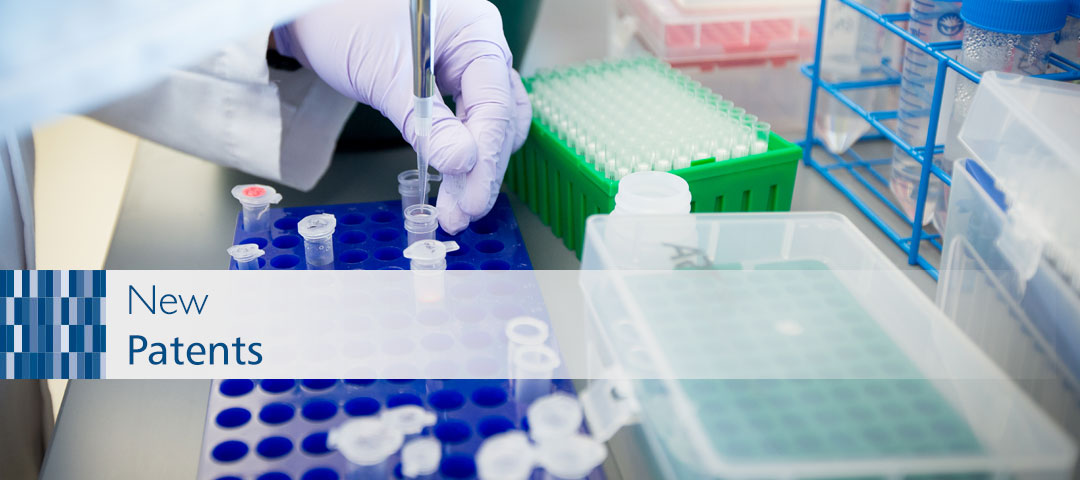ISB Has Two New Patents
 isbscience.org/news/2014/02/04/isb-has-two-new-patents/
isbscience.org/news/2014/02/04/isb-has-two-new-patents/
2014 is off to a great start for innovation in human health. ISB released two new patents in January that will make great contributions to personalized medicine. One of the patents, issued on January 27 and titled Use of Gene Expression Signatures to Determine Cancer Grade, has ISB President Dr. Lee Hood and ISB Senior Research Scientist Qiang Tian listed as inventors. Also sharing in that patent is Xiaowei Yan and the late Gregory Foltz. Read more about the patent here.
The second patent, released January 21, details New Biomarkers for Liver Injury. Sharing this patent are inventors Zhiyuan Hu; ISB Senior Research Engineer, Chris Lausted; and ISB President Dr. Lee Hood. Read more about this fascinating patent here.
And just as a reminder, if you do ever want to peruse all of ISB's US Patents with convenient links out to the US Government's official description of the patent, please visit https://www.isbscience.org/patents





